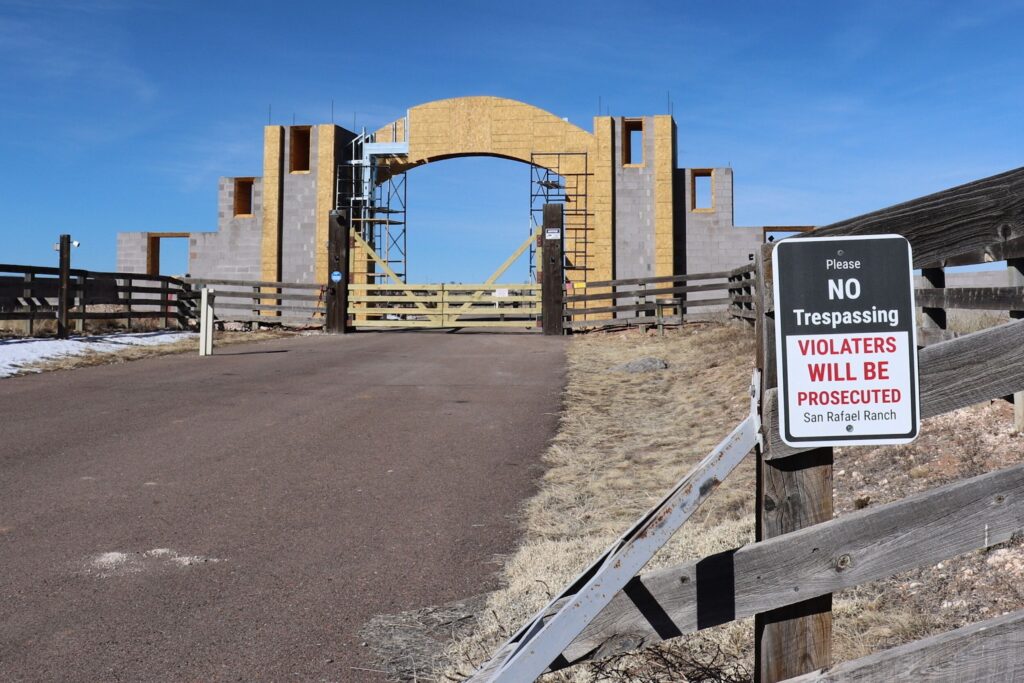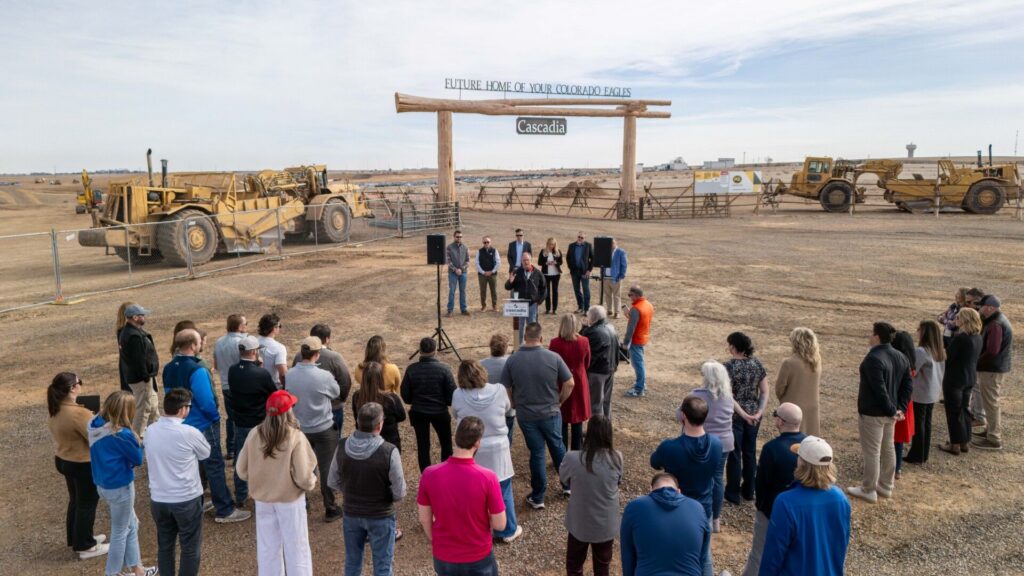‘A big step in the right direction’: Denver extends STAR alternative policing program citywide

Denver is expanding its Support Team Assisted Response (STAR) program citywide, providing civilian-led emergency response to low-level, nonviolent situations as an alternative to police.
The expansion comes after the City Council unanimously approved a nearly $1.4 million contract with Mental Health Center of Denver on Monday, funding the STAR program through the end of 2022. Under the contract, Mental Health Center of Denver will provide emergency medical technicians and behavioral health clinicians to staff the program.
“This is an important contract for our community to celebrate,” Councilwoman Robin Kniech said Monday. “We have models that work, our challenge is often that they are not to the scale that we need them. … STAR is an example of a program that has worked.”
Gov. Jared Polis, lawmakers, law enforcement officials announce public safety bill package
The STAR program was launched in Denver in June 2020, pairing mental health clinicians with paramedics to respond to people having mental health, poverty, homelessness and substance use-related crises. The teams can connect people with crisis services if they wish, such as homeless shelters and substance abuse treatment.
In late August 2021, the program had responded to 1,600 emergency calls screened by 911 operators and diverted to STAR responders. None of the 1,600 calls required police assistance or resulted in arrests, according to city data.
Under the new contract, the program will respond to an estimated 10,000 calls annually. The contract increases the number of vans to transport STAR responders from one to six and finances the hiring of seven new clinicians and six new EMTs who have already been hired.
The expanded STAR teams will operate 16 hours a day, seven days a week throughout the entire city. The program was previously concentrated around downtown Denver and East Colfax Avenue, South Federal Boulevard and Montbello.
Denver police seek robbery suspects
“This is a big step in the right direction,” said Denver Police Chief Paul Pazen during a prior committee meeting regarding the program. “You will not find a more comprehensive continuum of care approach anywhere in the country.”
In addition, the contract requires a 15-member community advisory committee to provide oversight of the STAR program, tracking data about the program and community outreach to create awareness and review feedback about it. A third-party evaluator, the Urban Institute, will also oversee the program going forward.
This is the first time a STAR contract has been brought forward by the Denver Department of Public Health and Environment.













